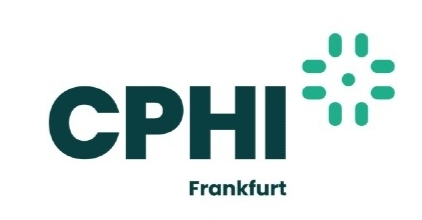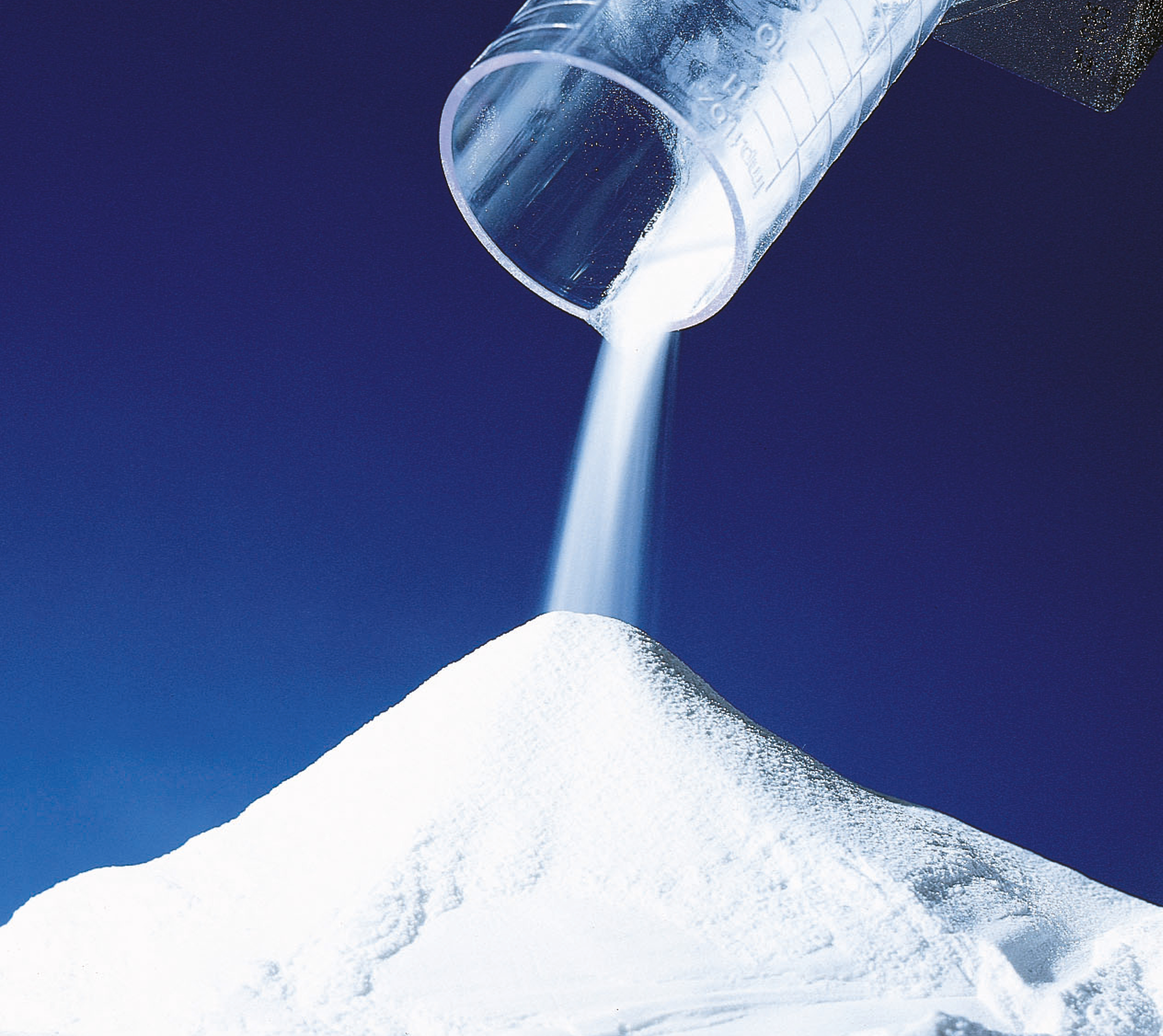- Home
- Education & Insights
- Search
- TiO2 EU Regulations and Pharmaceuticals: What to Know
TiO2 EU Regulations and Pharmaceuticals: What to Know

For many years, the pharmaceutical industry has relied on titanium dioxide (TiO2) as an opacifier for tablet film coatings. It provides a white finish that covers mottled cores making the pills more marketable while protecting active ingredients from degradation. But recent regulatory developments regarding TiO2 have given the pharmaceutical industry time to pause.
The European Union has made a ruling against the continued use of E171 (TiO2) as a food additive. While it doesn’t directly apply to pharmaceuticals, this ruling has caused concern for many companies using TiO2. This guide will describe why pharmaceutical companies should take note and what alternatives are available to them.
What Is Titanium Dioxide?
TiO2 is the naturally occurring compound created when titanium reacts with the oxygen in the air. As an oxide, titanium is found in minerals and is typically used as the active ingredient in many different products – particularly sunscreen, where it is used to block ultraviolet light from the sun. It is also used as a food coloring (E171) and included to film coatings for nutritional, dietary supplement and pharmaceutical tablets.
Titanium Dioxide Function in Tablets
In the pharmaceutical industry, titanium dioxide is valued as an ingredient in tablet film coatings due to the bright white opacity it provides to the tablets (and the fact that it can prevent UV degradation of the active ingredients). TiO2 has an important function to improve the appearance and therefore the marketability of products, while protecting from light degradation and damage.
TiO2 EU Classification and Regulations: Current Status
The European Commission banned titanium dioxide (E171) as a food additive throughout the European Union and TiO2 has then been phased out of use across the food industry. The ban only impacts food, not pharmaceuticals. However, European officials working with the European Medicines Agency (EMA) have requested additional data on how much TiO2 is used and if there are replaceable materials, so it is possible that TiO2 could face similar restrictions in the future.
As a result, pharmaceutical companies are considering their options and are now starting to explore alternatives to TiO2.
Is Titanium Dioxide Safe in Tablets?
There is not yet any strong evidence that TiO2 is unsafe for humans when used in tablets. The EU ruling applied only to food additives, not to pharmaceuticals. In fact, the U.S. Food and Drug Administration has approved titanium dioxide as a food coloring agent when added to pills. TiO2 makes up less than 1% of the formulation of a tablet.
However, the EU ruling is a sign that concern about TiO2 in general is rising, and it is logical that the industry could start to move away from TiO2 to play it safe – especially as alternatives arise.
In 2019 the EC declared that titanium dioxide needed to be labelled as a carcinogenic substance by inhalation in certain powder forms (Reg 2020/217) to ensure worker safety. But in November 2022 the European Court of Justice annulled this regulation on this basis:
“First, the Commission made a manifest error in its assessment of the reliability and acceptability of the study on which the classification was based and, second, it infringed the criterion according to which that classification can relate only to a substance that has the intrinsic property to cause cancer.”
The annulment of this classification and labelling regulation is unrelated to the ban of titanium dioxide in foods in Europe, which is still in place and still casts a shadow over the use of titanium dioxide in medicines.
Alternatives to Titanium Dioxide
EU regulations, when it comes to titanium dioxide and film coatings, presents a challenge for the industry -- but it is also an opportunity. Colorcon can help you remove TiO2 from OTC products with alternatives that will enhance the consumer experience by improving swallowability, color stability, opacity, and productivity of your products.

Natural Alternative to Titanium Dioxide
The Nutrafinish®Nutrafinish® Titanium-Dioxide Free Film Coating System is a natural titanium dioxide free alternative that is just as visually appealing as using TiO2.
Colorcon experts have studied tablets with TiO2-free formulations and determined that a coating containing calcium carbonate – a natural white mineral – instead of TiO2 provides good protection against light degradation, minimizing color change while boosting shelf life and stability.
The tide is turning against TiO2, so the time is now to get on board with a TiO2 alternative. This is a great opportunity to explore new coatings that will serve your brand for many years in the future without risk of regulatory obstacles.
Learn more about how Colorcon's TiO2 alternatives improve product stability and enhance productivity. Or, set up a consultation with a Colorcon expert to learn how we can help you.



